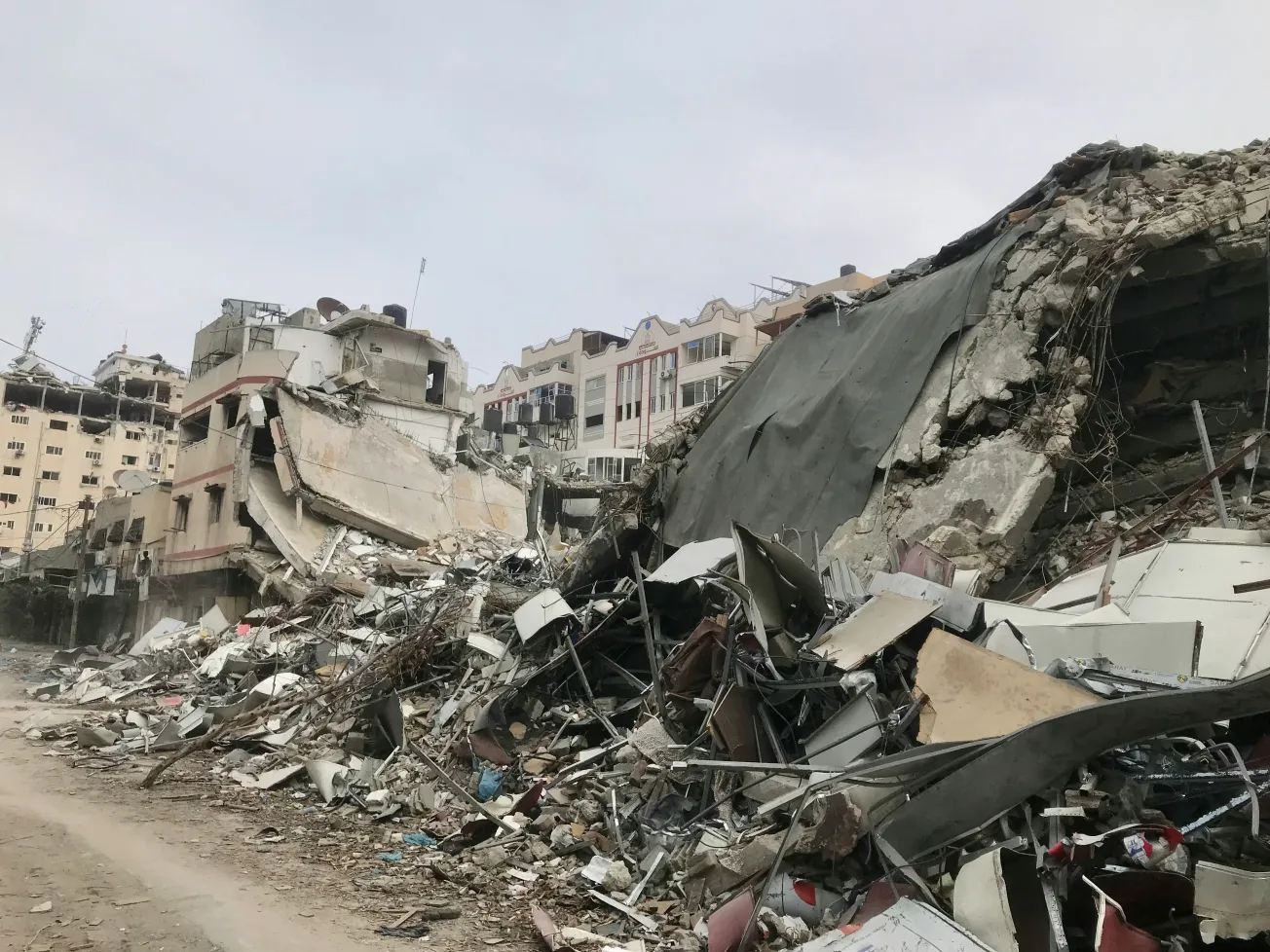Table of Contents
Plans to sell Gaza’s land as blockchain tokens erupted this week, after a leaked slide deck promised investors beach-front resorts once the war ends. Decrypt report reveals that Israeli businessmen and Boston Consulting Group advisers drew up the scheme, placing all public plots in a trust and minting tradable tokens for global buyers.
According to the leaked deck outlines, half a million Palestinians would be offered cash to leave, while luxury districts called “Trump Riviera” and an “Elon Musk Smart Zone” lure foreign capital. The blueprint claims Gaza’s land could reach $324 billion once fractional tokens reach Gulf and U.S. funds.
In a follow-up story analysis warns that the proposal may breach international law, and rights groups slammed it as digital colonialism. “Palestinians want to live in their home. That is the simple truth at the heart of this,” said Dr Ashok Kumar, associate professor of political economy at Birkbeck Business School.
The backlash widened when activists condemn the Tony Blair Institute’s early involvement and Save the Children froze its partnership with BCG, prompting the consultancy to dismiss two partners and open an internal probe.
Real-estate tokenization splits property into small digital shares traded like stock, promising quick liquidity and easy cross-border ownership. While the model has funded offices in New York and hotels in Dubai, it has never faced a war-torn, politically contested territory. Lawyers note that the Geneva Conventions forbid an occupying power from profiting off seized land, raising steep barriers to any Gaza launch.
Gaza’s physical reality also complicates the promise. Eight months of bombing have destroyed hospitals, schools and water systems, and the United Nations says rebuilding will cost tens of billions of dollars. Without a lasting peace agreement and clear land titles, experts doubt investors or insurers will touch even the most sophisticated token platform.
For now, the “Great Trust” remains a PowerPoint dream—and a stark reminder that technology can inflame, rather than solve, the deepest human conflicts.










